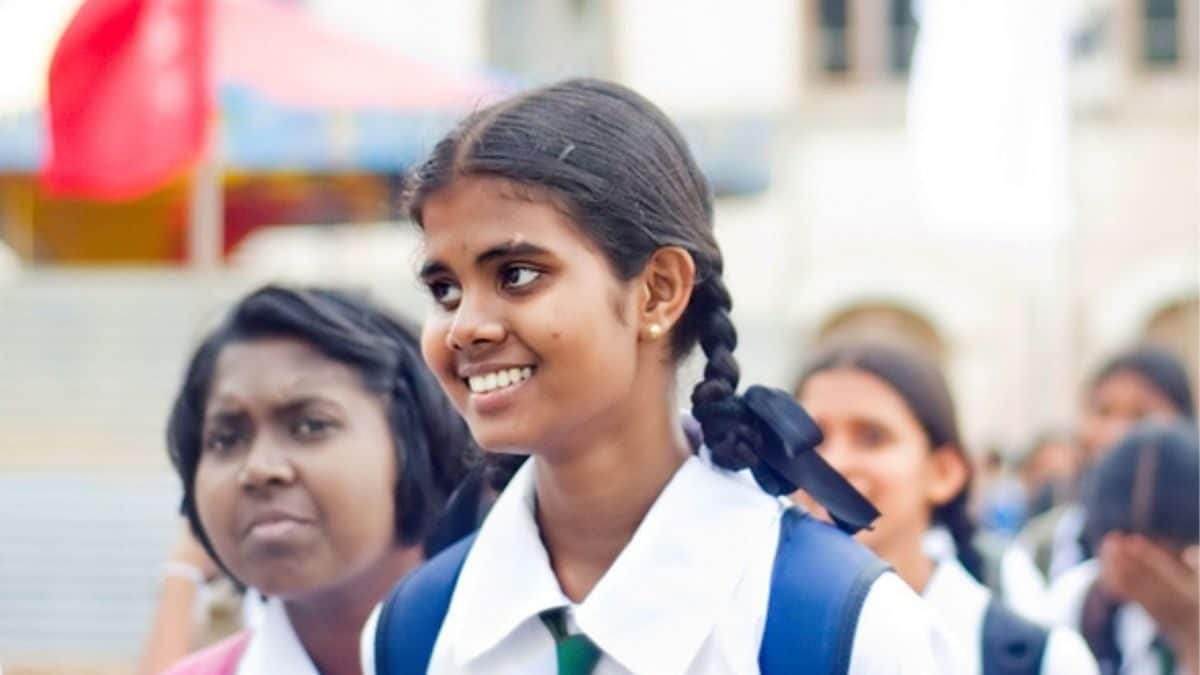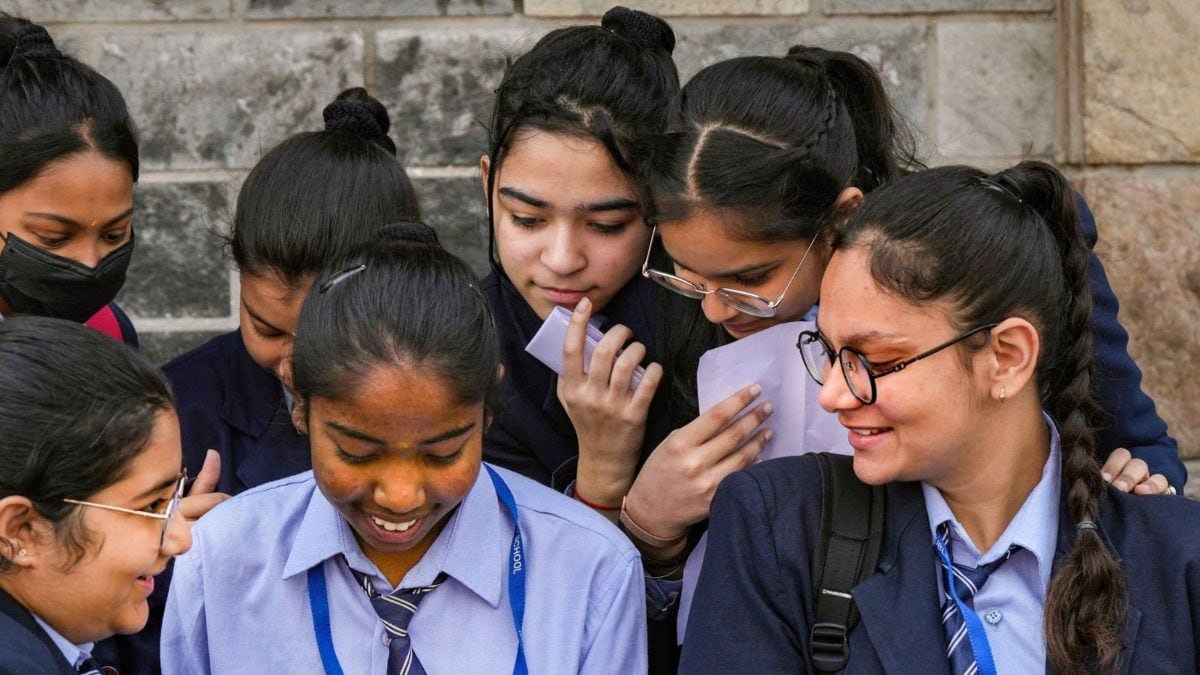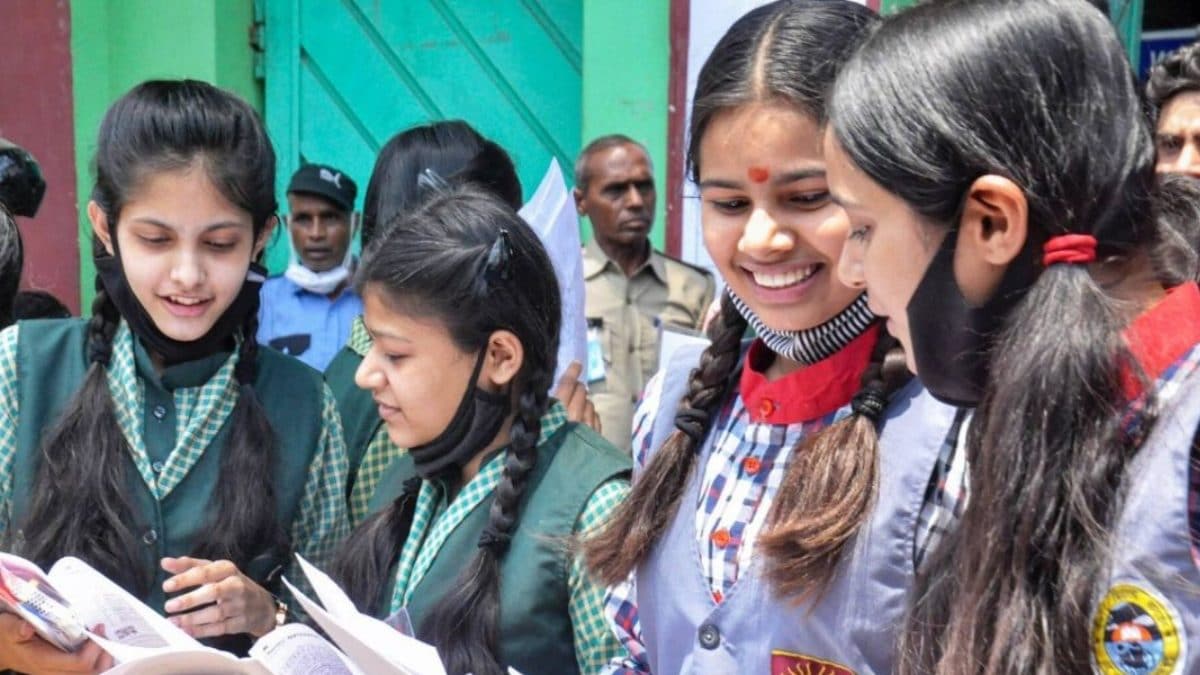[ad_1]
The Global Challenges Institute, which will be set up between India and US, besides working on cutting-edge research in complex issues plaguing the world will “enable mobility of research fellows as well as foreign faculty”. The institute, which will function as a virtual network of partner universities, is to start work in the energy, health and telecom sectors, said IIT-Kanpur director Prof Abhay Karandikar, who will be the co-chair of the institute. The research will be carried out in partner higher education institutions from both countries.
The initiative of setting up the institute was announced last week when a joint statement was issued following a bilateral meeting between Prime Minister Narendra Modi and US President Joe Biden during the G20 Leaders Summit. An agreement was signed between Indian universities, represented by the Council of Indian Institute of Technology (IIT Council) and the Association of American Universities (AAU), to set up the India-US Global Challenges Institute.
In an interview to News18, Prof Karandikar spoke on how the institute will work, what it means for Indian higher education and research culture as well as the much-needed mobility of doctoral fellows and foreign faculty. Excerpts:
As IIT-Kanpur’s head, you will be the co-chair of the Global Challenges Institute. What made IIT-K the first choice for this?
As the co-chair, I will be representing not just IITs but all higher education institutions in India. There have been multiple discussions between India and US for collaborations in critical and emerging technologies such as semiconductors, sustainable agriculture, Artificial Intelligence and quantum science among others. These collaborations are at different levels – between government agencies, industry and academic institutions.
So, the ministry of education (MoE) set up a taskforce, which I was chairing for international collaboration on cutting-edge research into complex issues being faced by the world at present such as the recent Covid-19 pandemic. Also, because at IIT-K, we are working on establishing our own medical school for research and developing tech in this field, which is likely to come up in the next two years. In June this year, when the prime minister visited the US, an intent of establishing this kind of institute was announced. We have been holding discussions with the AAU to give it shape. We want it to be an all-inclusive institute, which is not just limited to IITs but draws expertise from all other institutions focused on research in these areas. While many IITs, including Kanpur and Bombay, already have dual PhD programmes with American universities, the idea for this kind of institute was to take research to the next level, consolidate all collaborations and work to have a global impact.
There is a trend that even at top-ranking institutions, only some students want to get into full-time research or, even if they do, they move to foreign universities. Will such an institute boost research culture in India?
This is a general problem today that students are not coming forward for PhD programmes, and it’s not just with IITs and others but even in American universities. Definitely, this kind of collaboration will enable mobility of PhD students, particularly postdoctoral fellows, who can go out to work in leading research labs and vice versa. When you join a dual PhD programme and, even with this new collaboration, we are hoping students will spend half their time in India and the other half in American universities. They will get degrees from both.
We feel it’s a win-win situation for both that good students will get a chance to do their PhDs there, and we will have some of their best talent here. This collaboration will help nurture this talent pool. While it’s true that we still have to motivate young and bright students to take up research instead of taking up jobs right away.
Also, Indian institutes have, so far, been unable to have foreign faculty on board. Will this collaboration change the scenario?
With this collaboration, we are focusing on faculty mobility. They will be our collaborators, so they will be spending a substantial period of time at Indian universities. They will be our visiting faculty and can spend extended time here; it could be a semester or even a year or more. They could not only work on this collaborative research project, but also contribute in delivering lectures and teaching as well.
How will this institute work?
It will work like a virtual network of partner universities. There may be a secretariat or a programme management office in Delhi or any suitable location while the AAU has an office in Washington DC. The institute will have a governing council, where we will have members from both India and US. In the next few months, we will deliberate on the themes and identify some lead institutes working in these areas from both countries, which can act as the hub. To name a few, there can be institutions such as Indian Institute of Science in Bengaluru; then there are Indian Institutes of Science Education and Research (IISERs), IITs, IIITs, NITs, Delhi University and Jawaharlal Nehru University among others. Then these institutes and researchers will be writing proposals, which on being approved can be funded from agencies from India and the US. At present, $10 million has been committed to the institute as the seed fund to kick-start research activities, but once actual research projects with deliverables and milestones are formulated in any of these themes, further funding will be needed. The idea is that in each of these five broad themes, we can have some multi-institutional and multi-faculty projects, where we can work on these problems, find solutions and have a global impact in terms of frontline research and technology development.
Is there a timeline when the institute will start functioning? What could be the initial project areas?
We are soon going to have the first meeting of the governing council. In the next three months, we hope to have some research projects going at some level. I think we may start with themes around energy, health and telecommunication.
In what ways can such a global institute help Indian higher education and research?
Today, research has become inter-disciplinary. So, this multi-institutional approach with different countries coming together for research is much needed to solve complex issues across the globe. No single institution in the world can do this on its own; it will need efforts from various stakeholders to find solutions to such challenges, be it climate change or a pandemic. We are looking at this partnership as a mutually beneficial tie-up, as India is leading in many areas, including cyber security and telecom as well as in bio and medtech among others, where we have done some cutting-edge research and can make a significant contribution.
[ad_2]
Source link




